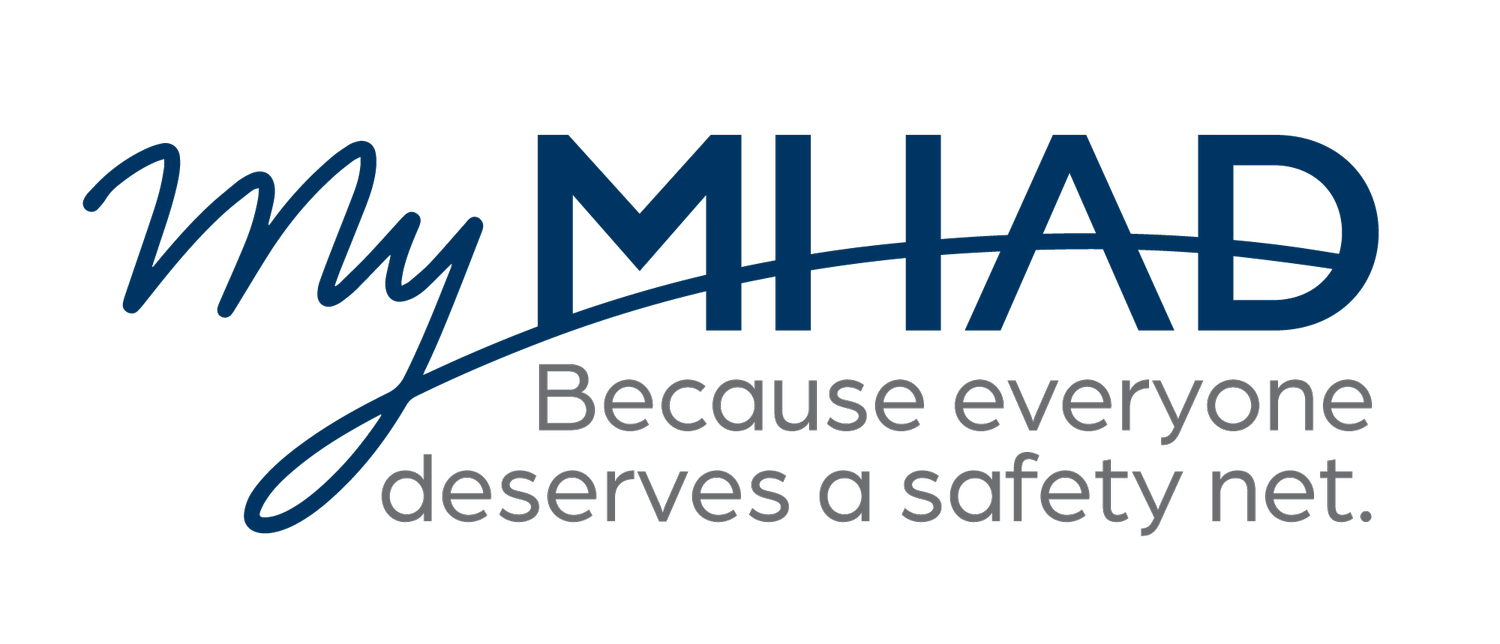What is a Mental Health Advance Directive?
Mental health advance directives (MHADs) are legal documents that allow people to plan ahead for mental health treatment in the event of a psychiatric crisis, similar to the way healthcare advance directives (i.e., healthcare power of attorney) allow people to plan for medical treatment in the event of an incapacitating physical problem (e.g., coma).
MHADs are activated only when someone does not have the ability to make their own choices about mental health treatment.
MHADs can include a substitute decision maker (called a “representative”) and / or instructions about specific types of treatment (e.g., hospitalization, medication, etc).
MHADs are sometimes referred to as psychiatric advance directives (PADs). In some states, including Oregon, the relevant laws refer to them as Declarations for Mental Health Treatment (DMHTs).
Anyone (absolutely anyone) can create a MHAD, as long as they currently have capacity to make their own healthcare choices. You can make one if you have experienced involuntary treatment before or if you have never had any type of mental healthcare. The only requirement to make a MHAD is having current capacity to make healthcare choices.
Just like having a will or “living will” (i.e., a document controlling treatment if you are incapacitated for a physical reason, like a coma), having a MHAD is a good way to be prepared for the future.
No lawyers needed to set one up!
Anyone can have a mental health crisis;
everyone deserves a safety net.
A MHAD can help create a safety net for people who may not always be able to decide on and communicate their mental healthcare choices. Your MHAD can speak for you when you may not be able to speak for yourself.
This website and organization exists to help people who want to create a MHAD, providers who want to honor MHADs, and judges / attorneys who want to enforce MHADs.
The information available on this website is specific to Oregon. This information is not intended to replace legal advice; it is for educational purposes only. For information about other states, please check the resources tab.
